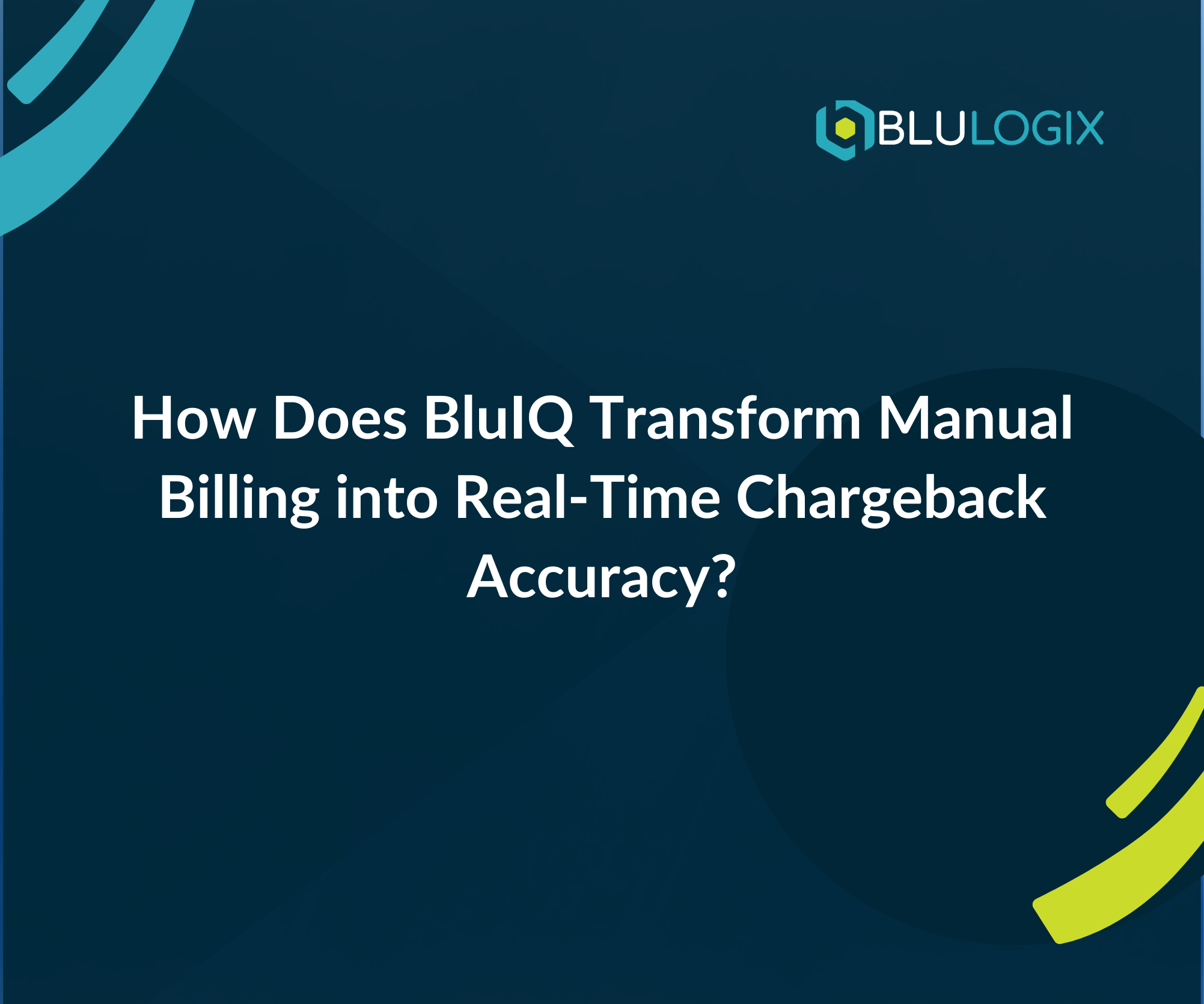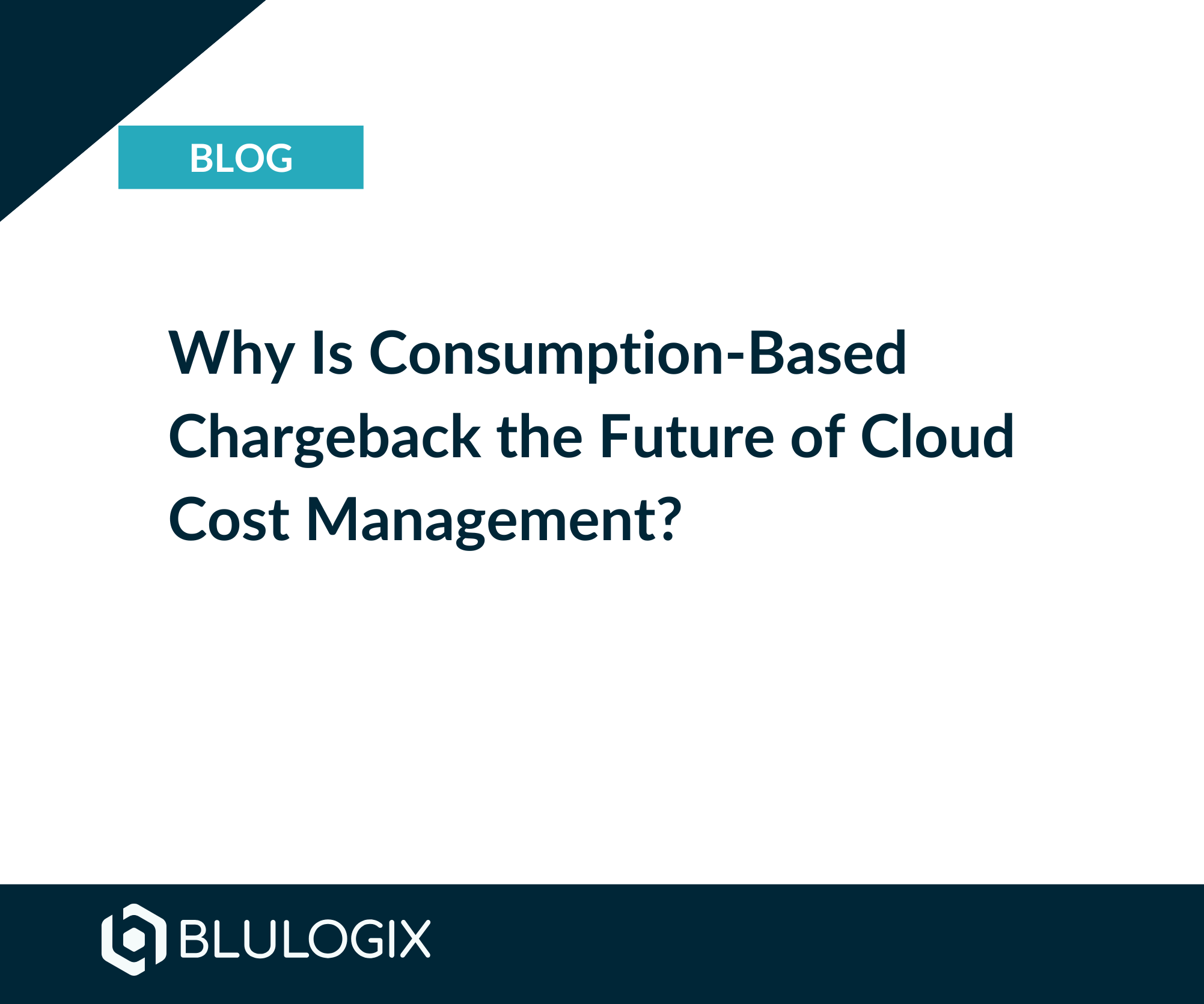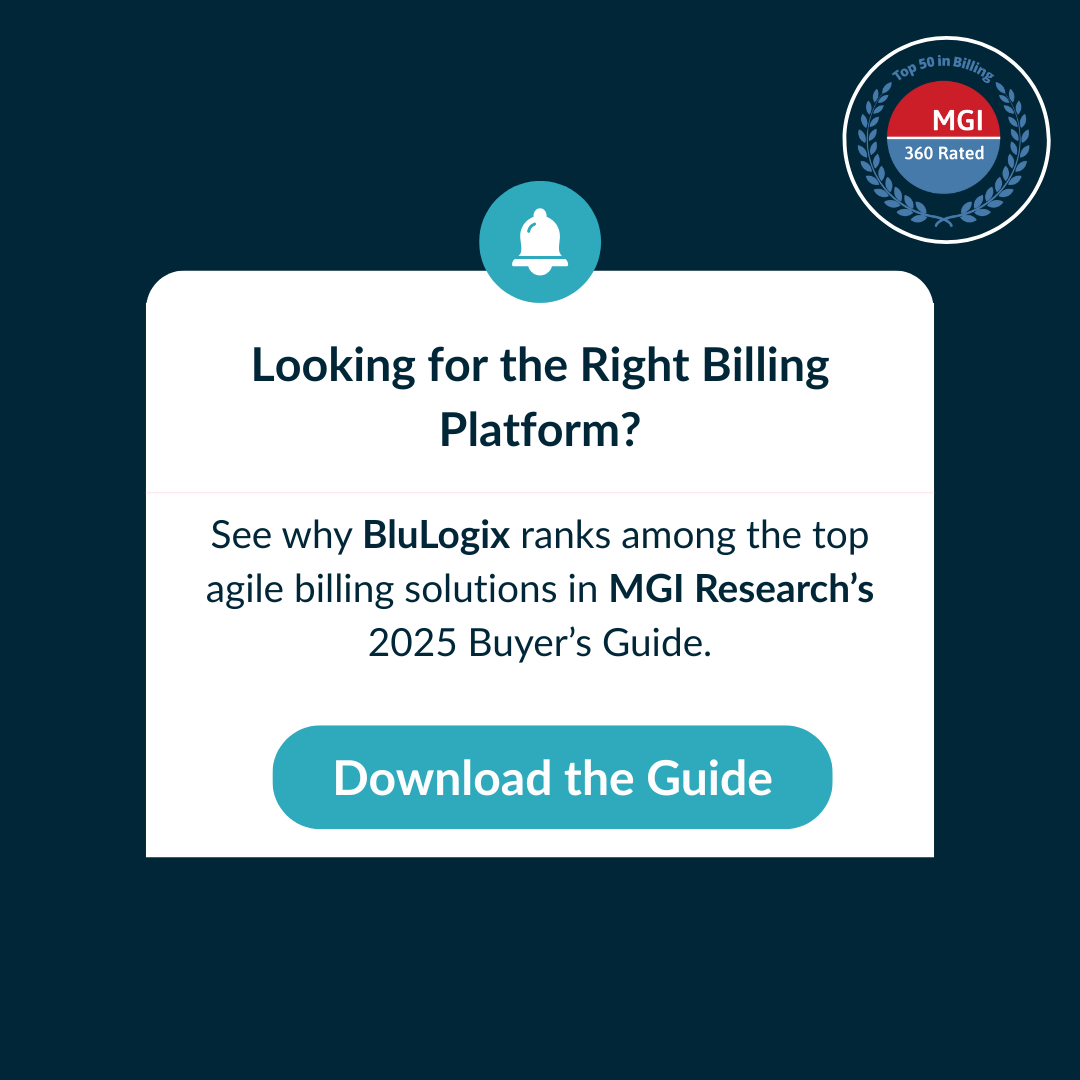The Hidden Cost of Complexity: How MSPs Can Reclaim Revenue
Managed Service Providers (MSPs) face a unique combination of challenges in today’s fast-evolving business landscape. The very structure that allows them to scale—multi-tier channels, usage-based pricing, and complex service offerings—also introduces significant operational complexity. While this complexity is expected, what often goes unnoticed is the revenue leakage it creates, quietly eroding profitability over time.
Revenue leakage refers to the loss of potential revenue due to inefficiencies, errors, or misaligned processes. It’s a pervasive problem for MSPs, with studies suggesting that 5–15% of revenue is lost each year as a result of fragmented systems and outdated workflows. For many MSPs, this isn’t just a financial inconvenience; it’s a competitive disadvantage in a market where margins are already tight.
Ready to see how BluIQ can transform your billing process and help you achieve integrated, automated, and accurate complex monetization? Schedule a demo with a BluLogix billing expert today and take the first step towards revolutionizing your revenue management.
Why Revenue Leakage Happens
Revenue leakage is rarely caused by one glaring issue. Instead, it’s a cumulative effect of small inefficiencies that add up over time. Here are some of the most common culprits:
- Inconsistent Pricing Structures
MSPs often manage a wide array of products, services, and bundles, each with its own pricing rules. When these rules are stored in spreadsheets or legacy systems, errors inevitably creep in. A slight miscalculation or an outdated pricing table can lead to undercharging customers—or overcharging them, which damages trust. - Billing Inaccuracies
Usage-based pricing is increasingly popular among MSPs, but it requires precise metering and billing. Many MSPs lack the tools to track usage accurately, leading to disputes, delayed payments, or even revenue loss. - Fragmented Systems
Disconnected platforms for CRM, billing, and service delivery create silos where data isn’t aligned. This lack of integration often leads to delays in revenue recognition, miscommunication between teams, and missed opportunities for upselling or cross-selling. - Manual Processes
Reliance on manual workflows for tasks like invoicing, reporting, and data reconciliation is not only time-consuming but also error-prone. As MSPs scale, these inefficiencies multiply, creating bottlenecks that stifle growth.
One MSP we worked with uncovered years of revenue leakage after transitioning to a modern monetization platform. Before the switch, they relied on a patchwork of systems and manual processes to manage billing. Once they integrated their revenue operations, they not only improved accuracy but also discovered previously unbilled services worth millions of dollars.
The Real Cost of Revenue Leakage
The financial impact of revenue leakage is just the beginning. Over time, it also affects customer trust, partner relationships, and overall business scalability. Delayed or inaccurate invoices frustrate customers, creating friction that can lead to churn. Similarly, channel partners may lose confidence in an MSP’s ability to manage pricing and incentives, straining critical relationships.
For MSPs aiming to scale, these issues become even more pronounced. Every inefficiency that goes unchecked creates a roadblock to growth, reducing the company’s ability to compete effectively in a crowded market.
How MSPs Can Reclaim Lost Revenue
Addressing revenue leakage requires more than just patching up individual problems. It calls for a holistic approach to modernizing revenue operations. Here’s how MSPs can take control:
- Adopt Real-Time Data Management
Data is the foundation of effective revenue operations. By implementing systems that provide real-time insights into usage, billing, and partner performance, MSPs can catch discrepancies before they turn into costly errors. Automation is key here, eliminating the manual errors that often lead to leakage. - Integrate Systems
A unified monetization platform ensures seamless communication between CRM, billing, and service delivery systems. This integration reduces silos, streamlines workflows, and provides a single source of truth for all revenue-related data. - Focus on Channel Enablement
Channel partners are essential for MSP growth, but friction in these relationships can lead to lost revenue opportunities. Partner-centric tools and transparent processes reduce disputes and build trust, enabling partners to focus on selling instead of troubleshooting. - Standardize Pricing and Incentives
Ensuring that pricing and partner incentives are consistent across the organization reduces confusion and fosters alignment. Tools that automate pricing updates and synchronize them across platforms make
2025 is the year to move beyond billing challenges and embrace growth. Join us for this exclusive webinar and make smarter billing the cornerstone of your success.
📅 Date: February 5, 2025
🔗 Register Here
About BluLogix
At BluLogix, we help businesses transform billing complexity into growth opportunities. With advanced solutions for subscription management and usage-based billing, we empower organizations to scale smarter. Learn more at www.blulogix.com.
Ready to see how BluIQ can transform your billing process and help you achieve integrated, automated, and accurate complex monetization? Schedule a demo with a BluLogix billing expert today and take the first step towards revolutionizing your revenue management.
Learn more

How Does BluIQ Transform Manual Billing into Real-Time Chargeback Accuracy?

Why Is Consumption-Based Chargeback the Future of Cloud Cost Management?



